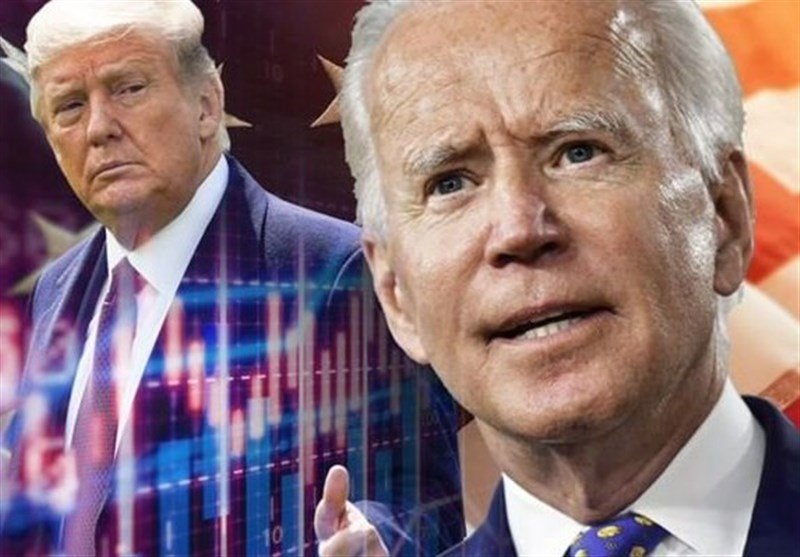Four years ago, JD Hill, a cattle rancher from Greenville, Kentucky, broke away from his family’s Democratic tradition and voted for Donald Trump. Now a registered Republican, Hill is leaning towards supporting Trump again in the upcoming election, despite not being an ardent fan of the former president.
Hill, 57, acknowledges Trump’s legal issues and admits, “I don’t like his rhetoric.” However, he feels that Democrats, and President Joe Biden in particular, have neglected communities like his. “Am I a huge Trump fan? No. But I just haven’t seen the country go in the right direction under Joe Biden,” said Hill, emphasizing that he believes Biden is out of touch with rural America.
A recent poll of likely rural voters supports the notion that Americans residing outside cities and suburbs tend to favor Trump over other candidates, both Republican and Democratic. However, this support appears lukewarm, with only a slim majority of rural Trump supporters indicating they would be “very happy” if he were the GOP’s top choice.
The poll, conducted by researchers at Maine’s Colby College from Jan. 5-10, surveyed 2,500 Americans. It revealed that nearly a third of Trump supporters in rural areas express their vote as a stance against Biden, feeling that the president has overlooked their concerns during his tenure.
Hill resonates with these sentiments, stating, “But those in the flyover states are being looked over, the people who help feed this country and keep this country alive.”
The poll suggests that rural Republican voters, like Hill, have predominantly perceived negative aspects of Biden’s four years in office, while Trump continues to enjoy strong support in rural areas. Trump’s victories in GOP primaries in states like New Hampshire and Iowa, especially in rural regions, underscore his enduring appeal.
Dan Shea, a Colby professor involved in the poll, notes that rural voters view Trump as “the Great Disruptor” and are eager for a new direction. Rural Republicans, according to the poll, believe their communities are in trouble, and Democrats are perceived as lacking solutions.
The economic concerns of rural America play a pivotal role in shaping their political views. Rural voters, compared to their urban counterparts, are more likely to perceive the economy as in horrible shape, believe their communities are faring worse than the nation overall, and express financial struggles due to the COVID-19 pandemic.
Despite Trump’s legal troubles, with 92% of rural supporters stating that a conviction would not change their vote, the poll indicates that charges related to the Jan. 6 insurrection are viewed as “phony, made-up charges by the Democrats.” This sentiment is more pronounced among rural Trump voters than their urban counterparts.
The poll also highlights Biden’s struggle to connect with rural voters. Only 35% of rural residents express a likelihood to vote for Biden in the upcoming election, and just 29% of these supporters are “very happy” with him as the nominee. Rural voters seem less aware of Biden’s infrastructure plans and new investments in broadband internet, indicating a lack of engagement with the administration’s initiatives.
Biden’s messages, especially regarding economic recovery and infrastructure development, do not resonate strongly with rural voters. The economic challenges faced by rural America, coupled with a perception of being overlooked by politicians, contribute to the widening political divide between rural and urban areas.
To win over rural voters, Biden needs to address their economic concerns directly, emphasizing tangible benefits to their wallets and communities. The study suggests that Democrats have struggled to connect with rural and small-town voters, who feel threatened and forgotten by politicians.
While some, like Hill, express concerns about Biden’s leadership and fear an economic downturn if he is reelected, others believe Trump represents strength and success for American businesses, both large and small.
The poll underscores the complexity and diversity of political views within rural America, emphasizing that rural voters are not a monolithic group. Nonetheless, the challenges Biden faces in rural outreach are evident, requiring a nuanced approach to address economic anxieties and perceptions of neglect among these voters.
